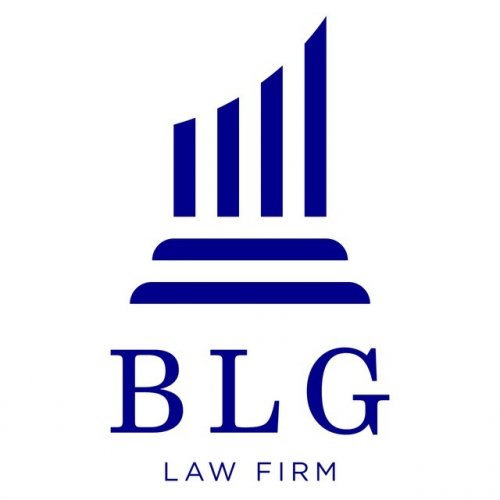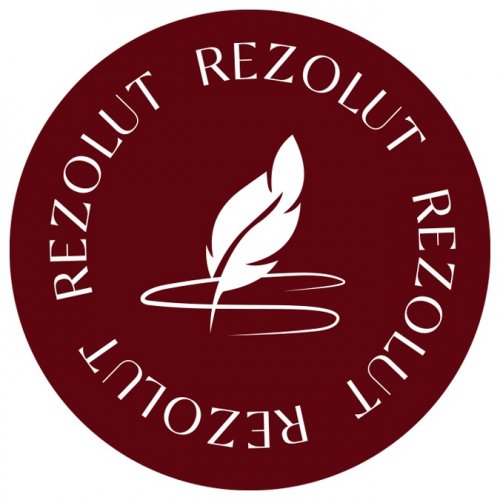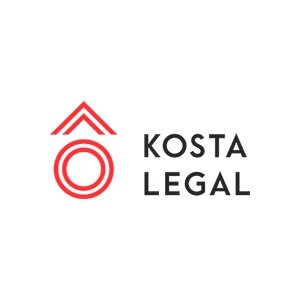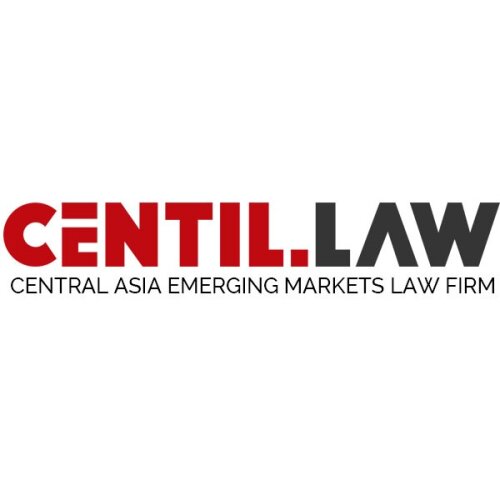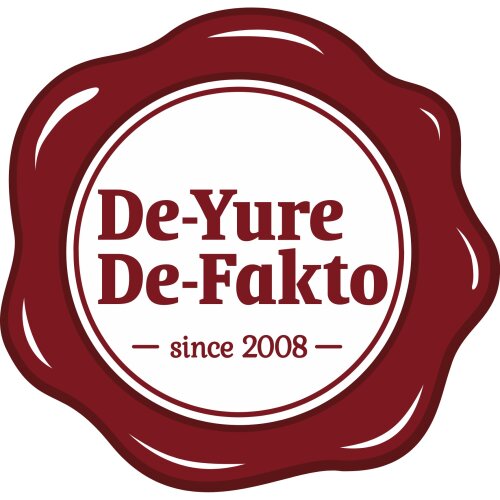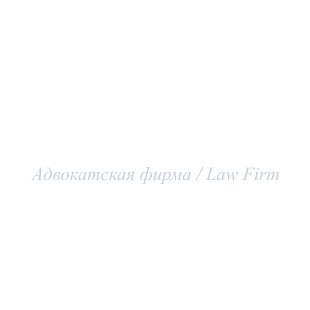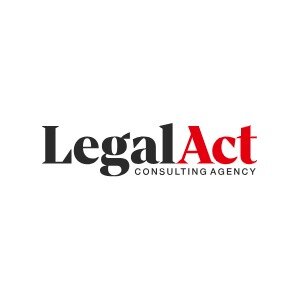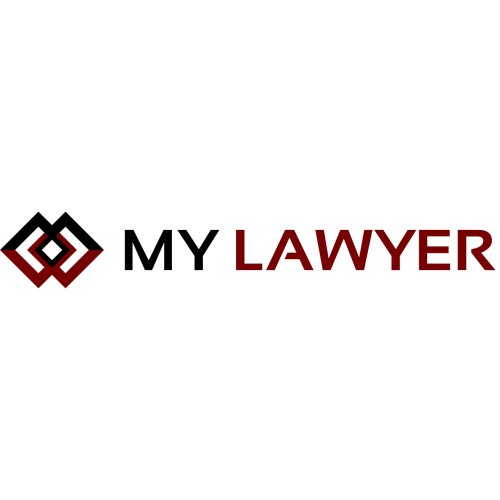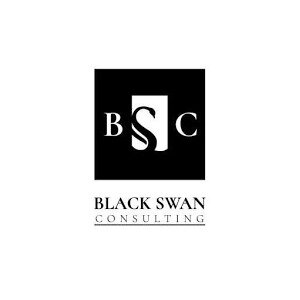Best Antitrust Litigation Lawyers in Uzbekistan
Share your needs with us, get contacted by law firms.
Free. Takes 2 min.
Or refine your search by selecting a city:
List of the best lawyers in Uzbekistan
About Antitrust Litigation Law in Uzbekistan
Antitrust litigation refers to the process of resolving legal disputes that arise from violations of competition laws designed to prevent monopolistic behavior and promote fair market practices. In Uzbekistan, antitrust law plays a significant role in fostering economic growth, protecting consumer rights, and encouraging healthy competition among businesses. The government actively monitors market conduct and takes legal action against companies or individuals engaged in anti-competitive practices such as collusion, abuse of dominant position, and illegal mergers or acquisitions. Litigation in this area often requires a detailed understanding of market dynamics, regulatory frameworks, and judicial procedures specific to Uzbekistan.
Why You May Need a Lawyer
Antitrust litigation is complex, involving detailed legal, economic, and technical analysis. You may need a lawyer in several situations, including:
- If your company is accused of engaging in price-fixing, bid-rigging, or market-sharing agreements.
- When your business is under investigation by the Antimonopoly Committee or other regulatory authorities for abusing a dominant market position.
- If you believe a competitor is engaging in anti-competitive practices that harm your business or restrict market access.
- If you are affected by a merger or acquisition that you believe will negatively impact competition within a relevant market.
- To seek advice on compliance with competition regulations when entering into contracts or forming business alliances.
- If you seek compensation for damages caused by antitrust violations.
Legal professionals experienced in antitrust litigation can help you navigate public investigations, represent you in court, help gather evidence, negotiate settlements, and provide strategic guidance aimed at protecting your interests.
Local Laws Overview
The primary legal framework governing antitrust matters in Uzbekistan includes the Law On Competition (last amended in 2021) and related governmental resolutions. Key aspects of the local laws relevant to antitrust litigation are:
- Prohibition of Monopolistic Practices - The law strictly forbids anti-competitive agreements, abuse of market dominance, and other actions that may limit or eliminate competition.
- Merger and Acquisition Control - Significant transactions that may affect market competition must be pre-approved by the Antimonopoly Committee.
- Market Supervision - The Antimonopoly Committee has broad powers to investigate suspected violations, including conducting audits, requesting documents, and interviewing company representatives.
- Enforcement Mechanisms - Violations can result in administrative fines, confiscation of profits, annulment of transactions, and even criminal liability for severe breaches.
- Judicial Review - Parties affected by antitrust decisions or sanctions can challenge regulatory actions in Uzbekistan’s administrative and economic courts.
- Consumer Protection - Antitrust law also intersects with consumer protection statutes to prevent unfair business practices that harm buyers.
Antitrust litigation in Uzbekistan is continually evolving, with authorities increasingly focusing on transparency and fair competitive practices in both the public and private sectors.
Frequently Asked Questions
What is considered an antitrust violation in Uzbekistan?
Antitrust violations include activities such as market monopolization, collusion among competitors, price-fixing, bid-rigging, restricting market entry, and abuse of dominant position. These actions are prohibited under the Law On Competition.
Who enforces antitrust laws in Uzbekistan?
The main enforcement agency is the Antimonopoly Committee of Uzbekistan, which is responsible for investigating and prosecuting suspected antitrust violations.
How can a business comply with antitrust laws?
Businesses should avoid colluding with competitors, ensure transparent pricing, report mergers and acquisitions that meet certain thresholds, and consult with legal professionals regarding compliance with competition regulations.
Can individuals file antitrust lawsuits, or is it only for companies?
Both individuals and legal entities can file complaints or bring civil actions if they believe they have suffered harm due to antitrust violations.
What are the penalties for violating antitrust laws?
Penalties include administrative fines, confiscation of unlawfully received profits, annulment of transactions, restitution of damages, and, in extreme cases, criminal liability for responsible individuals.
How are mergers and acquisitions regulated under antitrust law?
Significant corporate transactions that may affect market competition must be reviewed and approved by the Antimonopoly Committee before completion. Failure to comply can result in invalidation of the transaction and penalties.
What should I do if my business is being investigated for an antitrust violation?
It is advisable to consult with a qualified antitrust lawyer immediately, collect all relevant documentation, cooperate with authorities within legal limits, and avoid destroying or hiding evidence.
How long does the antitrust litigation process typically take?
The duration depends on the complexity of the case. An investigation may take several months, while court proceedings could extend longer depending on appeals and judicial backlog.
Can a settlement be reached outside of court in antitrust cases?
Yes, in some cases parties can negotiate a settlement, possibly under the supervision of authorities. However, some violations may require mandatory compliance or penalties depending on the law.
Is legal representation mandatory in antitrust litigation?
While not strictly mandatory, having legal counsel is strongly recommended due to the complexity of antitrust laws and the potential consequences of adverse decisions.
Additional Resources
If you require further information or support, the following organizations and resources are recommended:
- Antimonopoly Committee of the Republic of Uzbekistan - The primary regulatory and enforcement authority for competition matters.
- Ministry of Justice of Uzbekistan - Provides access to legislative acts and guidance on legal procedures.
- Court System of Uzbekistan - Handles administrative and economic disputes, including antitrust litigation.
- Professional Bar Associations - Help locate qualified antitrust lawyers and legal experts.
- Legal Aid Centers - Offer basic legal advice and resources to individuals and small businesses.
Next Steps
If you believe your rights have been violated or your business is under investigation for antitrust issues in Uzbekistan, consider taking the following steps:
- Gather all relevant documentation and evidence related to your case.
- Contact a qualified lawyer with experience in antitrust litigation for an initial consultation.
- Discuss potential legal strategies, including settlement negotiations or preparedness for court proceedings.
- Maintain open communication with regulatory authorities as directed by your legal counsel.
- Ensure ongoing compliance with all relevant laws to avoid further disputes or penalties.
Navigating antitrust litigation can be challenging, but professional legal assistance can help safeguard your rights and guide you toward a successful resolution. Taking prompt and informed action is crucial in protecting your interests in the face of complex regulatory issues.
Lawzana helps you find the best lawyers and law firms in Uzbekistan through a curated and pre-screened list of qualified legal professionals. Our platform offers rankings and detailed profiles of attorneys and law firms, allowing you to compare based on practice areas, including Antitrust Litigation, experience, and client feedback.
Each profile includes a description of the firm's areas of practice, client reviews, team members and partners, year of establishment, spoken languages, office locations, contact information, social media presence, and any published articles or resources. Most firms on our platform speak English and are experienced in both local and international legal matters.
Get a quote from top-rated law firms in Uzbekistan — quickly, securely, and without unnecessary hassle.
Disclaimer:
The information provided on this page is for general informational purposes only and does not constitute legal advice. While we strive to ensure the accuracy and relevance of the content, legal information may change over time, and interpretations of the law can vary. You should always consult with a qualified legal professional for advice specific to your situation.
We disclaim all liability for actions taken or not taken based on the content of this page. If you believe any information is incorrect or outdated, please contact us, and we will review and update it where appropriate.
Browse antitrust litigation law firms by city in Uzbekistan
Refine your search by selecting a city.



